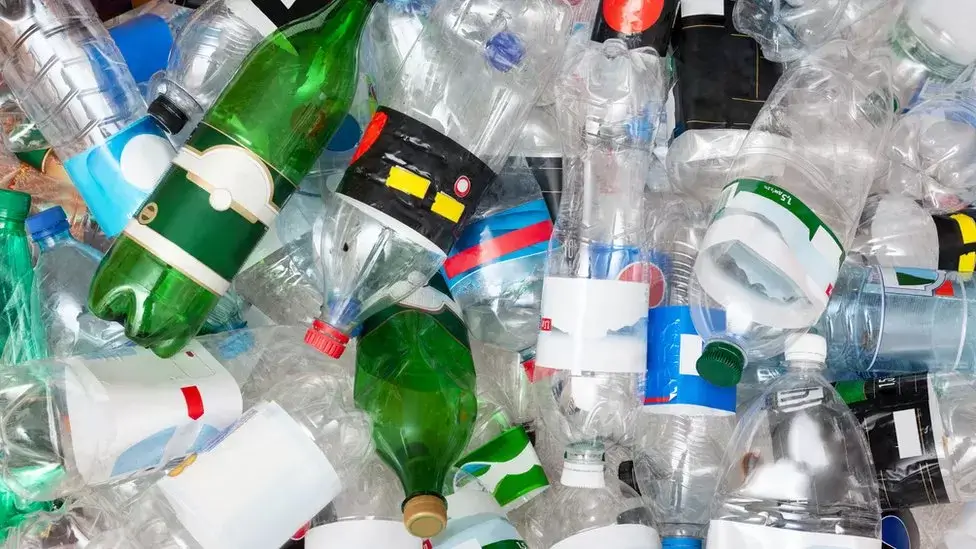According to the World Bank, approximately 2.24 billion tonnes of solid waste was generated in 2020, and this figure is expected to rise by 73% to 3.88 billion tonnes by 2050. One particularly problematic component of waste is plastic, with over 8.3 billion tonnes of plastic waste produced between the 1950s and 2015.
To address these challenges, companies like Greyparrot, a UK start-up, have developed AI systems that analyze waste processing and recycling facilities. Greyparrot uses cameras and AI software to track waste objects in real time, providing valuable insights for waste managers and regulators. The data generated by such technologies can lead to more efficient operations and influence packaging design, ultimately reducing waste and improving resource utilization.
Another company, Footprint, focuses on creating better packaging solutions. They collaborate with supermarkets and brands like Gillette to replace plastic trays with plant-based fiber alternatives. Troy Swope, the founder of Footprint, emphasizes the need to reduce dependence on single-use plastics, highlighting that recycling alone is not a sufficient solution.
Greenwashing, where misleading claims about eco-friendly packaging are made, further complicates the issue. Mikela Druckman of Greyparrot stresses the importance of verified facts to avoid confusion among consumers.
Polytag, a UK firm, has introduced an innovative solution to ensure transparency in plastic bottle recycling. They utilize ultraviolet (UV) tags that are only visible to their machine readers. By tracking the number of bottles recycled in real-time, brands gain access to previously unavailable data, helping them monitor their recycling efforts.
To incentivize recycling and increase participation, the UK government, Wales, and Northern Ireland plan to launch a deposit return scheme in 2025. Reverse vending machines placed in shops and public areas will allow individuals to deposit plastic bottles and metal cans in exchange for monetary rewards.
However, new challenges continue to arise. The growing popularity of e-cigarettes and vapes has created a significant amount of electronic waste that is difficult to recycle. Disposing of single-use vapes contradicts the principles of the circular economy and results in various materials, such as plastics, metals, and lithium batteries, ending up in landfills. This not only contributes to environmental pollution but also wastes critical raw materials.
Ray Parmenter from the Chartered Institute of Waste Management emphasizes the need to rethink the use of disposable vapes and shift towards more sustainable alternatives. Mikela Druckman echoes this sentiment, suggesting that the focus should be on reducing consumption rather than finding recycling solutions for inherently wasteful products.
Ultimately, addressing the waste crisis requires collaboration among industry, policymakers, and consumers. While companies and policymakers play a vital role in developing recyclable and reusable products and implementing effective waste management strategies, individuals can contribute by consuming less and making conscious choices to reduce waste.





